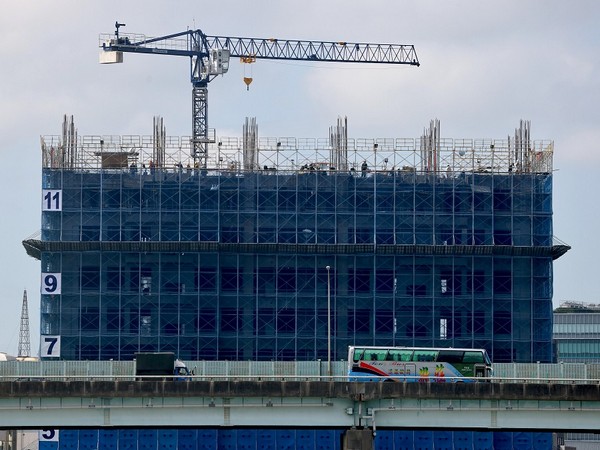The once-thriving property market in Hong Kong is currently facing a significant downturn as property revaluations reveal substantial declines in profits and demand for properties continues to wane due to an affordability crisis. The darkening economic outlook in the city, along with economic troubles in mainland China, has further dampened market sentiment, leaving property developers struggling with sinking property values, as reported by Nikkei Asia. Key developers like Sun Hung Kai Properties (SHKP) are reporting sharp declines in profits, with a 20 per cent drop in net profit for the financial year ending June 2023, landing at HKD 19.04 billion. This drop was attributed to a revaluation loss on investment properties, which diminished their worth by HKD 2.41 billion.
Companies like SHKP are facing challenges primarily in the office sector, as falling market rents are negatively impacting their office portfolio. Despite a gain in the value of retail and serviced apartment portfolios, developers are concerned about the downturn in market conditions. Sino Land, another significant player in Hong Kong’s real estate scene, reported a 25 per cent drop in net profit for the financial year ending June 2023. The company faced substantial losses, with HKD 580 million in investment property losses affecting their performance. New World Development (NWD) also warned of a possible annual net loss of up to HKD 20 billion, a stark contrast to the profit it posted a year earlier, causing its stock to suffer a significant decline.
Henderson Land Development, another key player in the Hong Kong real estate market, reported a substantial decline in profits, with a 47 per cent drop in half-yearly net profit until June, falling to HKD 3.17 billion. The challenges faced by these prominent developers highlight the struggles within the sector. Economists are increasingly concerned about the broader implications of these developments. OCBC Hong Kong economist Cindy Kueng forecasted a full-year growth rate of just 2.3 per cent for Hong Kong and noted that approximately 34 per cent of household wealth has been wiped out, impacting consumer sentiment and indicating a bleak outlook for the property market.
The ongoing affordability crisis in Hong Kong, coupled with economic challenges in mainland China, has contributed to the current struggles in the property market. Developers are grappling with sinking property values, revaluation losses on investment properties, and declining profits, signaling a challenging period for the sector. The concerns are not isolated to specific companies but are widespread among key players in the industry, with several reporting significant declines in profits. Economists are warning of a negative economic cycle for Hong Kong’s property market, with weakened consumer sentiment and household wealth losses contributing to the gloomy outlook.
In conclusion, the current downturn in Hong Kong’s property market is a result of various factors, including the darkening economic outlook, affordability crisis, and challenges in mainland China. Key developers are facing significant declines in profits, with revaluation losses affecting their investment properties. The challenging market conditions have led to warnings of potential annual net losses and significant declines in stock prices for prominent developers. Economists are forecasting slow growth and a grim outlook for the property market, with concerns about entering a negative economic cycle. The struggles within the sector highlight the broader implications of the current situation, impacting consumer sentiment and household wealth in Hong Kong.











